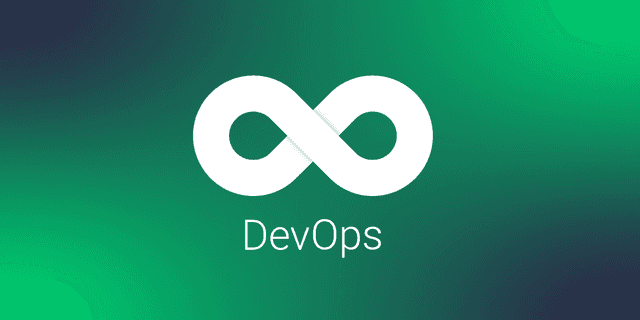Big Data
Big Data refers to a collection of data gathered from various sources, often complex and in diverse formats.
What is Big Data?
Big Data is a massive amount of data collected from digital sources, often compiled to extract useful insights through analysis. Data collected from various channels is aggregated for processing. This often disorganized data set can also contain valuable data in different formats, including text, images, audio, and video.
Big Data has characteristics known as the 5 Vs: volume, velocity, variety, value, and veracity. Here's a closer look at each of these concepts:
- Volume: This relates to the size of the data, which determines whether it can be classified as Big Data. The data volume to be processed in Big Data contexts can range from terabytes to petabytes. It can include website visitor statistics, user behavior data from applications, social media content, or sensor data collected from various devices. The volume of Big Data tends to grow rapidly as new data is continually generated.
- Velocity: This refers to the speed at which Big Data is generated. The production of Big Data is often rapid, requiring equally fast processing and analysis. Ideally, data should be processed in real time to facilitate quick decision-making and enable rapid responses to changes.
- Variety: Big Data can consist of different types of data, including text, images, video, and audio. Data from various sources and in different formats are often unstructured. The diversity of Big Data sources contributes to more accurate analysis outcomes.
- Value: It's crucial for Big Data to contain data relevant to the intended purpose. Despite its size and diversity, data is only valuable if it aligns with the goal for which it's intended.
- Veracity: To generate useful and valuable insights from Big Data, the accuracy of the data is essential.
Why is Big Data Important?
With the advancement of technology, the quantity and value of data produced in digital environments continue to increase. Data is derived from a wide range of sources, such as social media, blog sites, video-sharing platforms, and other sources like finance, healthcare, and entertainment applications. This data can be processed to extract meaningful insights for business development and marketing processes.
Big Data can be used for valuable analysis in almost every industry. For example, in the healthcare sector, patient data, treatment methods, and medication information can be processed together to develop more effective treatment processes or guide researchers and pharmaceutical companies in their studies.
A similar approach can be applied to the education sector, where Big Data can be used to evaluate students, teachers, and educational institutions, and to improve the education system. In product manufacturing, Big Data can help identify customer demographics and expectations, leading to improved marketing and sales processes with higher conversion rates."
Our free courses are waiting for you.
You can discover the courses that suits you, prepared by expert instructor in their fields, and start the courses right away. Start exploring our courses without any time constraints or fees.



